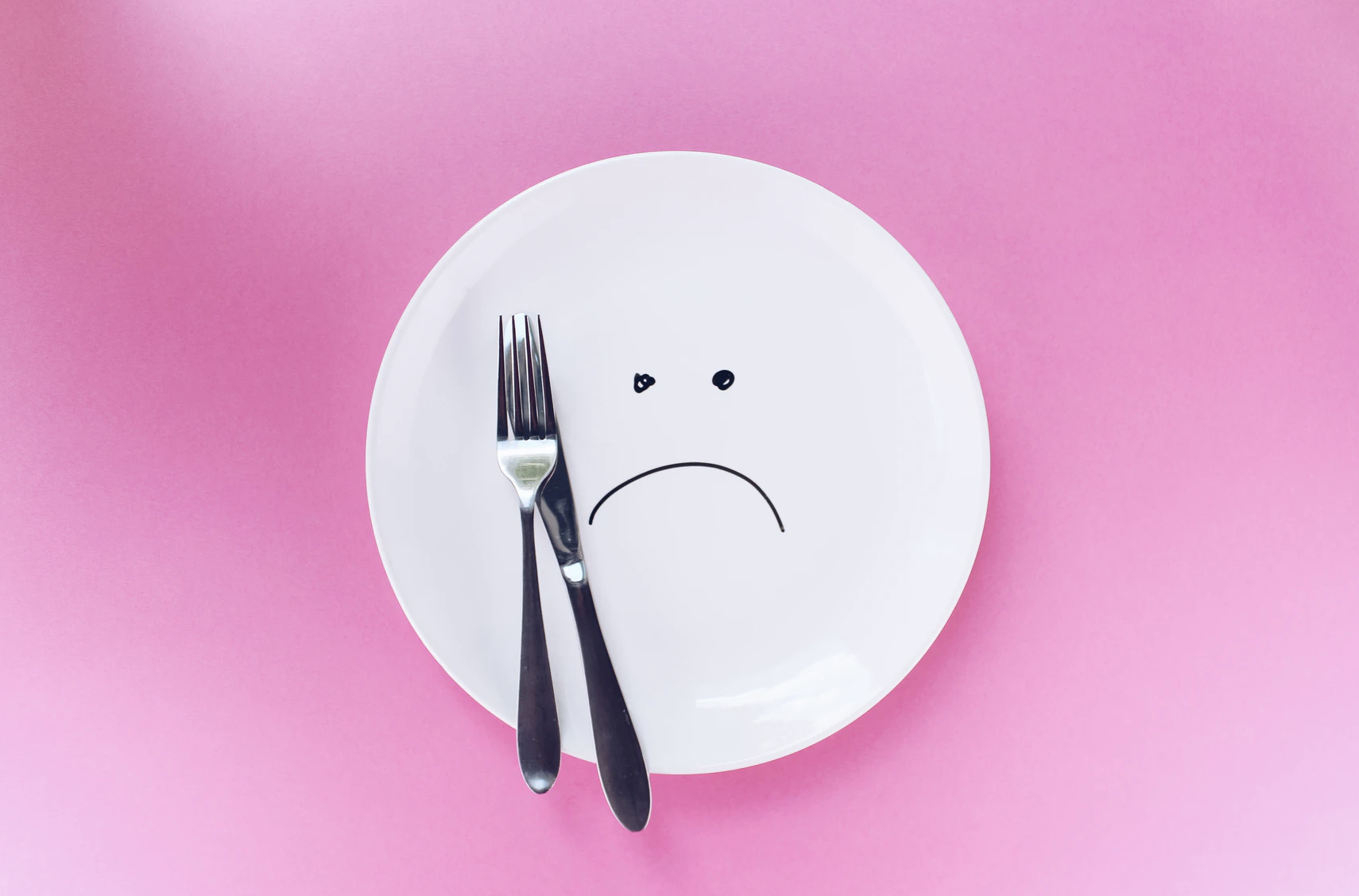Research Emerges On Psilocybin For Select Eating Disorders
by MADELINE FERGUSON
According to the National Eating Disorder Association (NEDA), eating disorders are more deadly than you’d think; in fact, they have the highest mortality rate of any mental illness. Treating eating disorders is challenging and requires a lifetime of therapy, and people with eating disorders manage them their entire lives.
After reading that, you can imagine the excitement when the FDA greenlit a study about the use of psilocybin to treat Binge Eating disorders.
Before we get into the study, it’s essential to understand the types of eating disorders—many people who suffer experience more than one type in their lifetime. Types of conditions include Anorexia Nervosa, Bulimia Nervosa, Orthorexia, and Binge Eating Disorder. Read more about those here. A diagnosis of any of these is typically a lifelong struggle, and there is no treatment that doesn’t involve long-term therapy.
Now, onto the details of the study.
The FDA just approved Phase 2a of a clinical trial by Tryp Therapeutics to evaluate the use of synthetic psilocybin in the treatment of Binge Eating disorders. BED is described as “a severe, life-threatening and treatable eating disorder characterized by recurrent episodes of eating large quantities of food (often very quickly to the point of discomfort); a feeling of a loss of control during the binge; experiencing shame, distress, or guilt afterward; and not regularly using unhealthy compensatory measures to counter the binge eating.”
The trial will combine synthetic psilocybin with psychotherapy to improve the lives of people living with BED. It’s important to note that the use of synthetic psilocybin does have drawbacks for crowds familiar with hallucinogenic substances, but the fact that any type of these substances is finally being researched to treat crippling diseases is worth writing about.
ADVERTISEMENT
Another lab, NeoMind Biosciences, is conducting similar research on using psilocybin to help treat obesity. It is important to note that binge eating disorder does not always lead to obesity (but it can), and obesity doesn’t equate to binge eating disorder. Obesity is an epidemic in America, affecting 36.5 percent of adults.
This research focuses on the effect of psilocybin on serotonin receptors which can help curb cravings and reduce appetite. The lab reports that patients first undergo a high-dose psychedelic session to help patients disengage with harmful eating habits hoping that new behavior patterns emerge. The patients would then move on to a low-dose maintenance approach.
Psilocybin is also being studied as a treatment for Anorexia Nervosa at Johns Hopkins University, and MDMA is being investigated as an eating disorder treatment by MAPS. Results are expected from the MAPS study within the next few months.
For those suffering from eating disorders, any promise of a potential treatment is something to be excited about. The Utah Bee will keep you updated.


